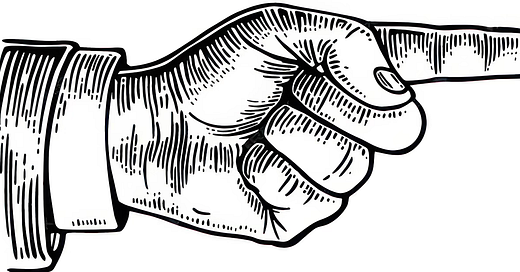Rex Harrison played Henry Higgins, a linguistics professor, who sang (or just voiced) the lyrics, “why can’t a woman be more like a man” in My Fair Lady.
Deborah Tannen’s 1990 book, You Just Don’t Understand, also looked—from the perspective of a linguistics professor—at the conversational impasses that keep men and women from “getting” each other’s meanings. John Gray’s Men Are from Mars, Women Are from Venus: The Classic Guide to Understanding the Opposite Sex, from 1992, covered the same ground from a psychotherapist/couples counselor’s point of view.
These were both very popular books—no doubt because men and women are as different as dogs and cats. The two species sometimes get along, trusting each other enough to curl up together—if only because they share a common interest in warmth—but they never actually understand each other.
The happy ending of My Fair Lady revealed Professor Higgins and Eliza Doolittle, acknowledging their mutual interest in warmth. Mutual understanding was neither required nor in evidence. Rex’s original question had entirely missed the point.
I have been married for over four decades and, while I obviously know my wife very well, to say that we really understand each other would be a gross exaggeration. For one small example, I have learned—from bitter experience—that the word “fine” means something very different to her than it does to me. I’m not sure what it means to her, but I know that it will trigger “discussions” that I’d rather not have.
Knowing that practical tidbit is not indicative of understanding; it’s more along the lines of a child learning not to touch things that are hot. As an adult, I might be interested in understanding the thermodynamics of being burned, but the child doesn’t need to know any of that to keep his little hand off the big bad stove.
The essay, below, is from The Long & Short of It: A Miscellany, a collection of stories, essays, and poems that didn’t seem to fit in anywhere else. I include it on the off-chance that it will give female readers some perspective on one particularly irritating aspect of male behavior. I realize that—since we don’t speak the same language (or more precisely, we speak the same language, but use completely different dictionaries)—there’s not much hope.
Next time, I’ll dive recklessly into some other murky waters…
On Asking for Directions
No man wants to do this, naturally.
It’s a sign of weakness, a pathetic willingness to put oneself at the mercy of strangers, a lack of faith in one’s ability to fend for oneself. More than this, however, it marks one as the sort of man for whom the destination is more important than the trip itself.
When a man takes off down the road, with utter uncertainty as to where that road may take him, he always wears a mask of complete confidence. That’s because he knows, in his heart of hearts, that he is fulfilling his destiny as an intrepid explorer, the sort of man who fears not the dragons that lurk just over the edge of the known world—nor even that there might be an edge to fall off.
It’s a guy thing, carried to ridiculous extremes. If one believes oneself to be up to any challenge—any effort to make preparations beforehand is seen to be an admission of unreadiness or weakness. That’s the real reason men don’t ask directions. Success in finding one’s way without help reinforces the prevailing myth; suffering the occasional failure is never as bad as admitting the possibility of failure before even confronting a challenge.
Besides, there’s always the possibility that—somewhere along the road less-traveled—he’ll find something unexpected, something wonderful, something far better than whatever it was that he intended at the beginning of the trip. Maybe an honest-to-god barbecue joint in North Carolina, an Arizona road-side stand selling Navaho tacos, a shack in Nova Scotia, serving up lobsters that have been out of the ocean for less than thirty minutes, or a spot over-looking the Oregon coast, with fully-laden blackberry bushes—taller than the car—and free for the picking.
So there it is. We won’t ask for directions because of our appetite for adventure.
Or, sometimes, just our appetite.
Paid subscribers get access to complete editions of two of my novellas. Noirvella is a modern story of revenge, told in the style of film noir. Unbelievable is a kind of rom-com that forms around a pompous guy who is conceited, misinformed, and undeservedly successful. Both books are sold by Amazon, but paid subscribers get to read them for free.
Also, substack pages (older than eight months) automatically slip behind a paywall—so only paid subscribers can read them. If you’re interested in reading any of them, you can subscribe (giving you free access to them), or buy them in book form should you prefer the feel of a physical book.
Meanwhile, it is easy to become a paying subscriber (just like supporting your favorite NPR station). It’s entirely optional, and—even if you choose not to do so—you’ll still get my regular substack posts—and I’ll still be happy to have you as a reader.









fine